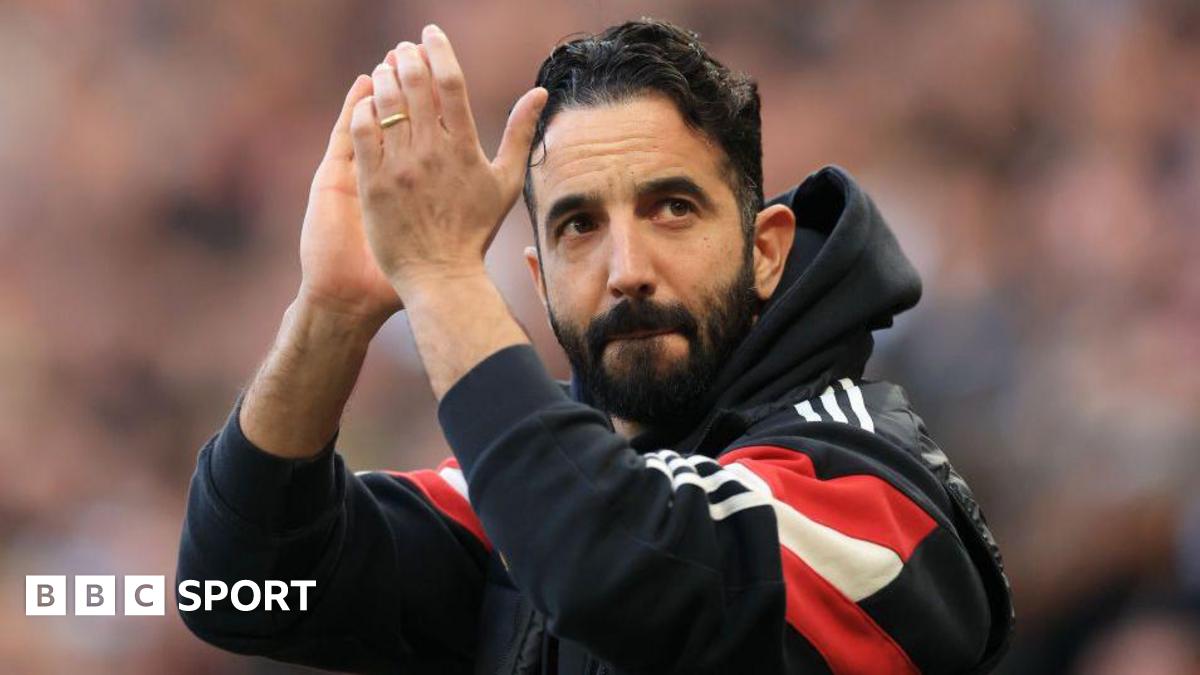A teenage boy killed by a shark on Thursday has been remembered as a ‘‘talented and dearly loved’’ athlete, as authorities consider how to respond to a recent spike in attacks off Australia’s southern coast.
Khai Cowley, 15, was surfing near Ethel Beach, a remote area of the Yorke Peninsula in South Australia, when he was mauled by a great white shark.
Fellow surfers remembered the Adelaide boy as a ‘‘standout’’ sportsman who always helped other children at his surf club.
‘‘We write this in disbelief and devastation,’’ read a statement from Seaview Road Board Riders.
‘‘He was a true club man…and the club was proud to award him the outstanding grom [junior surfer] performer award for 2023.’’
Surfing SA, the state’s peak body for surfing, said Khai was a ‘‘happy, kind and respectful kid’’ who hailed from a family of passionate surfers.
“We are devastated to learn that a young, talented and dearly loved member of our surfing community was the surfer involved in the attack at Ethel Beach,” the organisation wrote in a statement.
The attack was the fifth recorded in waters in South Australia this year, three of which were fatal.
Sightings of large sharks not uncommon
A local fisherman told Adelaide’s The Advertiser that sightings of large sharks in nearby waters are not uncommon, adding: “We’ve seen some pretty big bronzies in the area, but that’s normal here.
“I went to take the boat out, and the road to Ethel’s was blocked by rangers. There’s no cell reception out there in the park so we didn’t know what had happened until we got back to Marion Bay.”
In May, teacher Simon Baccanello was killed while surfing at Walkers Rock near Elliston on the west coast of the southerly Eyre Peninsula. In October, a great white shark measuring four metres killed surfer Tod Gendle near Streaky Bay, some 80 miles to the north.
That same month, a juvenile great white mauled Beachport resident Pamela Cook on the leg during her morning swim. She kicked the animal away before it could further damage her limbs.
University student Bridgette O’Shannesy survived an attack in November when a shark bit her head.
Other areas have also recorded serious attacks in recent months. In August, surfer Toby Begg suffered life-changing injuries after an attack in New South Wales. Experts concluded that the shark measured between 3.8 and 4.2 metres after they assessed bite marks on Mr Begg’s surfboard.
Unlike New South Wales and Queensland, South Australia does not use drum lines, nets or tagging to help control the shark population.
Aerial beach patrols were brought forward by two weeks in November because of the number of attacks, with the move coming after calls from the public for greater protection for swimmers in the area.
The government of South Australia on Friday said it was not considering shark deterrents such as nets and underwater noises.
“We’ve got a coastline in South Australia that’s basically the equivalent of New South Wales and Victoria combined… it’s impossible to net an entire area,’’ state Premier Peter Malinauskas told the Today show on Friday.
“The reality is there are sharks along our coastline…when people venture out, particularly where they go quite far away from the shore line, there is a risk associated with that.
“But we’ve seen 11 fatal shark attacks in South Australia since the year 2000, so the fact we’ve seen three across this summer is startling and it is of concern.”
Storms had brought large swells to the southern coast this week and created murky conditions that would have enticed predatory sharks, according to a researcher at the Rodney Fox Shark Museum.
“They’re more motivated – bigger swell, dirty water,” Andrew Fox told ABC Radio. “Anything that increases the chances of an ambush predator.”












